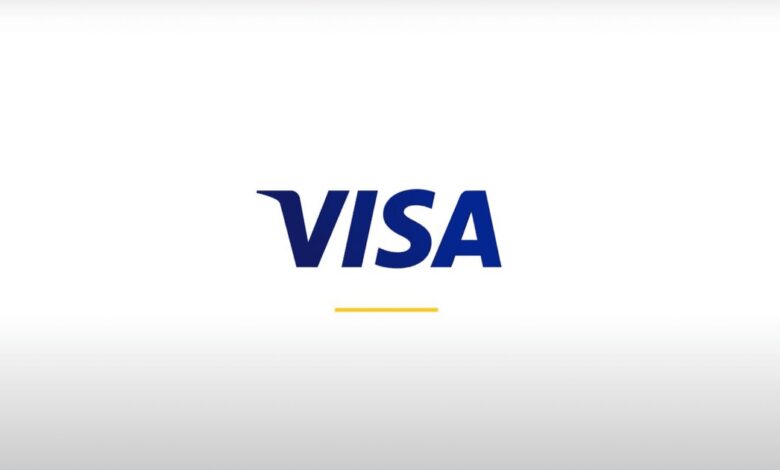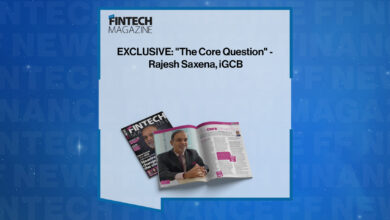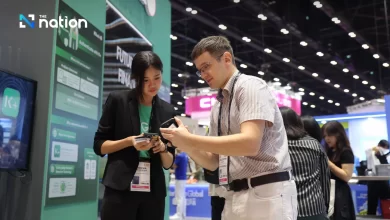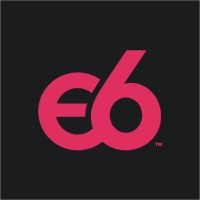Visa’s Guide: Boosting FIs’ Digital Marketing Strategies

Build visibility in paid search and digital ads
Paid search and digital ads are also becoming an increasingly popular choice for organisations and businesses worldwide. Alphabet Inc’s paid search revenues grew 12.7% for the full year 2023, and it continues to be Google’s largest source of income.
However, Visa’s report highlights that the way search engines select and serve ads is changing, and FIs are no exception; they should adapt their approaches to meet these aims.
Visa says AI-enabled tools, like Google’s Performance Max, can complement keyword-based search campaigns. “It helps drive performance on specified conversion goals by optimising performance in real-time using smart bidding.”
Focus on keywords is vital too, with quality scores driven by click-through rates, page relevance and ad-relevance to keywords.
“Moreover, there must be an integrated organisational approach to keywords across both SEO and search engine marketing (SEM),” Visa adds.
Google is expected to eliminate third-party cookies from its Chrome browser this year too, so FIs should look to build first-party data collection capabilities, increase the collection of second-party data and experiment with contextual and interest-based targeting.
Build visibility through partners and affiliates
Lastly, Visa advises FIs to build visibility through affiliates and partners, with embedded finance models set to become increasingly prevalent.
There are various options at play for FIs, says Visa, “ranging from light to deep strategic partnerships”.
“As a first step, they should look to build stronger merchant partnerships and work out how the sales and distribution of products could best be integrated into digital journeys. These partnerships can also be fortified with strong activation and usage programmes to attain card-on-file and top-of-wallet status.”
Google: SEO update
Google’s latest Helpful Content Update (HCU), alongside its recent core algorithmic update, which finished rolling out in late April 2024, has seen brand search, internal linking and content pillars move to the top of SEO considerations.
This includes experience, expertise, authoritativeness and trustworthiness (EEAT) in the content made available on Google’s search engine, with high-quality content now heavily favoured on Google’s search engine.
This move comes as Google looks for an answer to address low-quality content and other manipulative practices related to spam.
Last year, Technology Magazine looked at how Google has evolved in the 25 years since its founding, from search pioneer to delivering AI breakthroughs.



